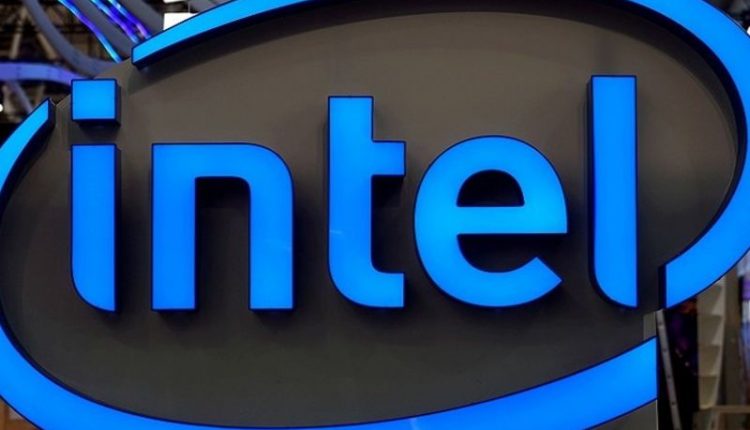Technology giant Intel Corp. said it plans to spend $20 billion on a massive chipmaking hub on the outskirts of Columbus, Ohio, which the company expects to grow to be the world’s biggest silicon-manufacturing site.
The chipmaker on Friday said it will begin construction of two fabrication plants on a 1,000-acre site in New Albany, which it expects to be operational by 2025. CEO Pat Gelsinger said the Santa Clara, Calif.-based company will use the location as a hub to research, develop and manufacture its most advanced chips and will have the option to expand to 2,000 acres and up to eight fabs.
“We helped to establish the Silicon Valley,” Gelsinger told Time magazine in an interview. “Now we’re going to do the Silicon Heartland.”
It wasn’t immediately clear how the new plant would serve the auto industry.
“At this early stage, we aren’t specifying which particular products will be made in our Ohio factories,” Intel spokesman Jason Gorss said in an email to Automotive News. “That said, automotive is a very important market to us.”
Intel has been investing billions of dollars in automotive technologies over the last few years.
The ongoing global microchip shortage has afflicted industries globally including the auto sector. U.S. President Joe Biden’s administration wants Congress to approve $52 billion to expand U.S. semiconductor manufacturing.
Biden and Gelsinger were scheduled to speak together about the Ohio news from the White House later Friday morning.
Last month Intel said it plans to conduct a public stock offering for its Mobileye automotive technology unit.
Mobileye, an Israeli company that Intel bought for about $15 billion five years ago, could be valued at more than $50 billion during its U.S. IPO in mid-2022, a source previously told Reuters.
Intel’s CEO has been vocal about the need to build more chip factories in the U.S. and Europe, areas where manufacturing of the vital electronic components has declined precipitously. Gelsinger has argued that a rebalancing of production is needed to reverse its increasing concentration in East Asia. He has pointed to the pandemic-induced supply chain crunch and increasing geopolitical tension between China and the U.S. as evidence that Western governments need to find cash to persuade chipmakers to relocate.


